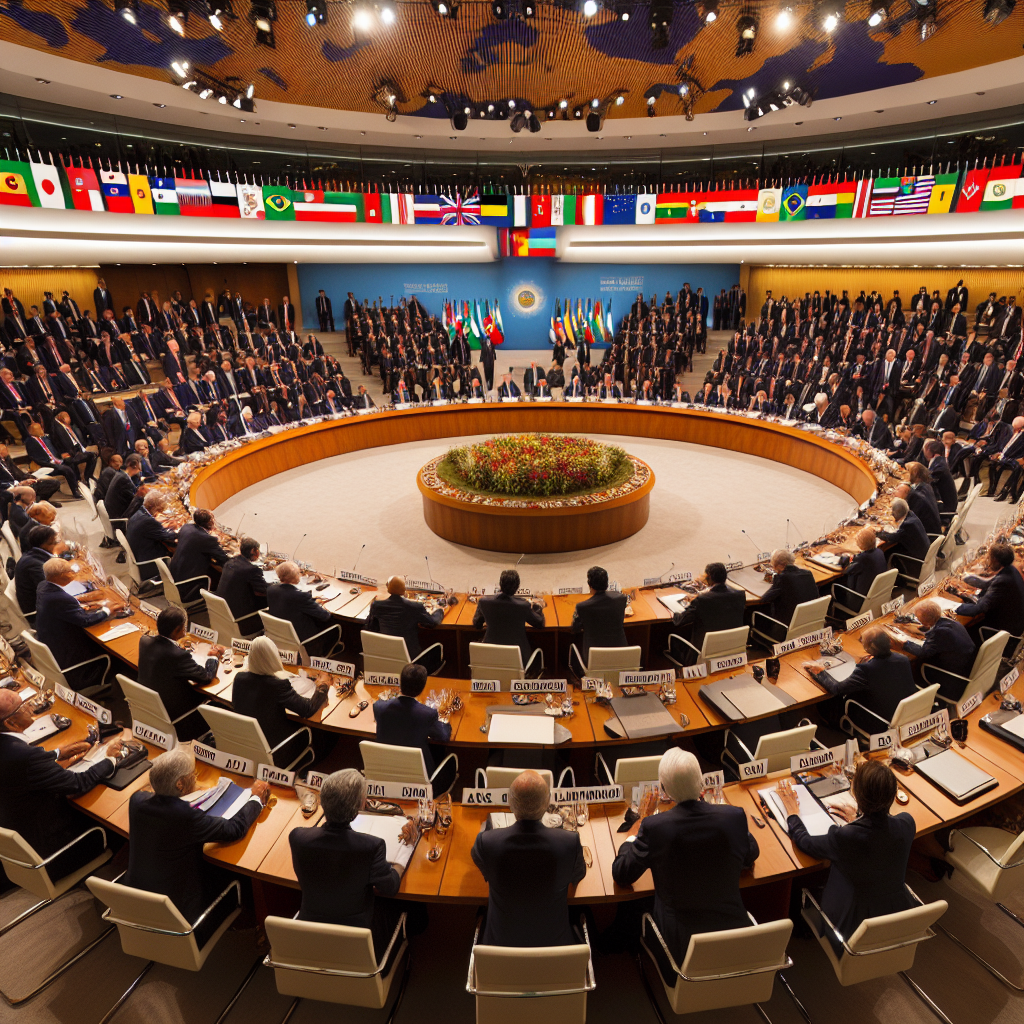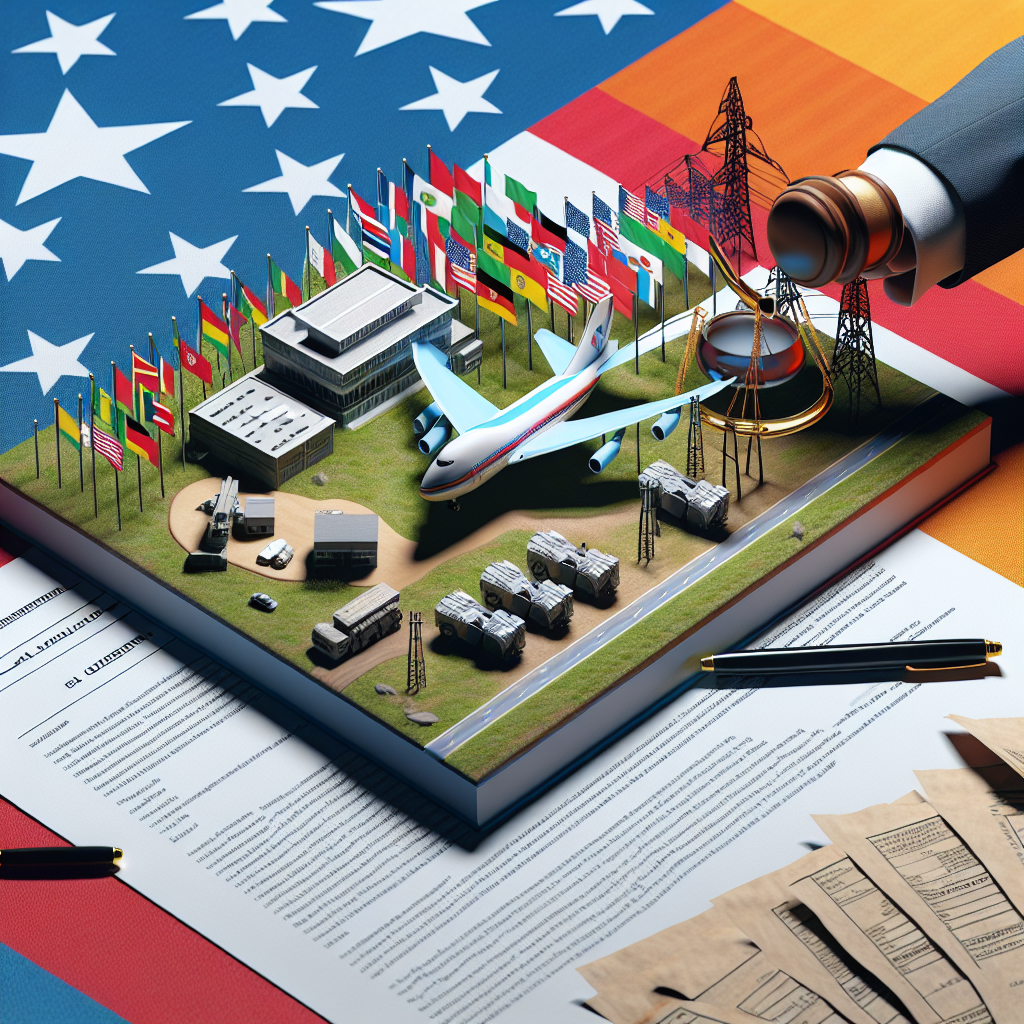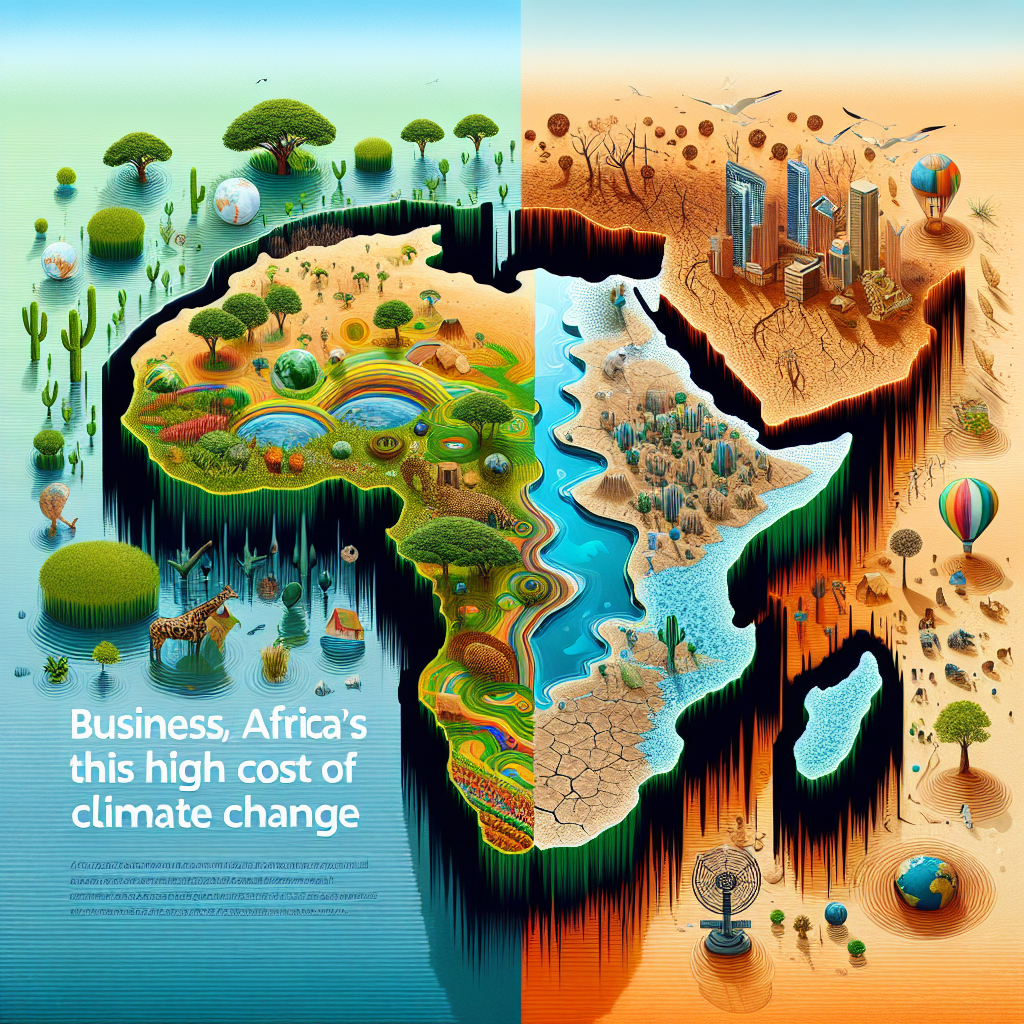World Leaders Gather in Brazil for G20 Summit Amid Global Tensions: Navigating a Complex Geopolitical Landscape
In a world increasingly defined by its complexities and challenges, the G20 Summit stands as a beacon of hope and collaboration. This year, the summit takes place in the vibrant and culturally rich nation of Brazil, a country known for its diverse landscapes and dynamic economy. As world leaders converge in Brazil, the stakes are higher than ever, with global tensions simmering across various fronts. From economic disparities to climate change, and geopolitical conflicts, the agenda is packed with pressing issues that demand immediate attention and cooperative solutions.
The Significance of the G20 Summit
The G20, or Group of Twenty, is an international forum for governments and central bank governors from 19 countries and the European Union. Collectively, these members represent about 85% of the global GDP, over 75% of global trade, and two-thirds of the world’s population. The G20 Summit is not just a meeting; it’s a platform where the world’s most powerful economies come together to discuss and address critical global issues.
A Brief History of the G20
- Formation: Established in 1999 in response to the financial crises of the late 1990s.
- Evolution: Initially focused on economic issues, the G20’s agenda has expanded to include a wide range of global challenges.
- Impact: The G20 has played a pivotal role in stabilizing the global economy, particularly during the 2008 financial crisis.
Why Brazil?
Brazil, as the host nation, brings a unique perspective to the G20. As one of the BRICS nations (Brazil, Russia, India, China, and South Africa), Brazil represents the interests of emerging economies. Hosting the summit provides Brazil with an opportunity to showcase its leadership on the global stage and influence the agenda to reflect the priorities of developing nations.
Key Issues on the Agenda
Economic Recovery and Stability
The global economy is still reeling from the impacts of the COVID-19 pandemic. Economic recovery is a top priority, with discussions expected to focus on:
- Inflation: Addressing rising inflation rates that threaten economic stability.
- Supply Chain Disruptions: Finding solutions to ongoing supply chain issues that have led to shortages and increased costs.
- Debt Relief: Exploring mechanisms for debt relief for developing countries struggling to recover.
Climate Change and Environmental Sustainability
Climate change remains a critical issue, with the G20 playing a crucial role in driving global climate policy. Key topics include:
- Carbon Emissions: Strategies to reduce carbon emissions and transition to renewable energy sources.
- Biodiversity: Protecting biodiversity and promoting sustainable land use.
- Climate Financing: Mobilizing financial resources to support climate adaptation and mitigation efforts in developing countries.
Geopolitical Tensions
The world is witnessing heightened geopolitical tensions, with conflicts in various regions posing significant challenges to global peace and security. The G20 Summit provides a platform for dialogue and diplomacy, with a focus on:
- Russia-Ukraine Conflict: Addressing the ongoing conflict and its global implications.
- US-China Relations: Navigating the complex relationship between the world’s two largest economies.
- Middle East Stability: Promoting peace and stability in the Middle East through diplomatic efforts.
The Role of Technology and Innovation
In an era defined by rapid technological advancements, the G20 Summit will also explore the role of technology and innovation in addressing global challenges. Key areas of focus include:
Digital Transformation
- Digital Economy: Harnessing the potential of the digital economy to drive growth and development.
- Cybersecurity: Strengthening cybersecurity measures to protect critical infrastructure and data.
- Digital Inclusion: Ensuring equitable access to digital technologies and bridging the digital divide.
Innovation in Healthcare
- Pandemic Preparedness: Leveraging technology to enhance pandemic preparedness and response.
- Healthcare Access: Improving access to healthcare services through innovative solutions.
- Research and Development: Promoting research and development in healthcare to address emerging health challenges.
The Importance of Multilateralism
In a world marked by division and conflict, the G20 Summit underscores the importance of multilateralism. By bringing together diverse nations, the summit fosters dialogue, cooperation, and collective action. Key benefits of multilateralism include:
- Shared Responsibility: Addressing global challenges requires shared responsibility and collaborative efforts.
- Conflict Resolution: Multilateral forums provide a platform for dialogue and conflict resolution.
- Global Governance: Strengthening global governance structures to ensure a more equitable and sustainable future.
Conclusion: A Call for Unity and Action
As world leaders gather in Brazil for the G20 Summit, the world watches with anticipation and hope. The challenges are immense, but so are the opportunities for collaboration and progress. By working together, the G20 can pave the way for a more stable, sustainable, and prosperous world. The summit serves as a reminder that in an interconnected world, our destinies are intertwined, and only through unity and collective action can we overcome the challenges that lie ahead.
In conclusion, the G20 Summit in Brazil is not just a meeting of world leaders; it’s a call to action. A call to address the pressing issues of our time with courage, innovation, and a commitment to a better future for all.






